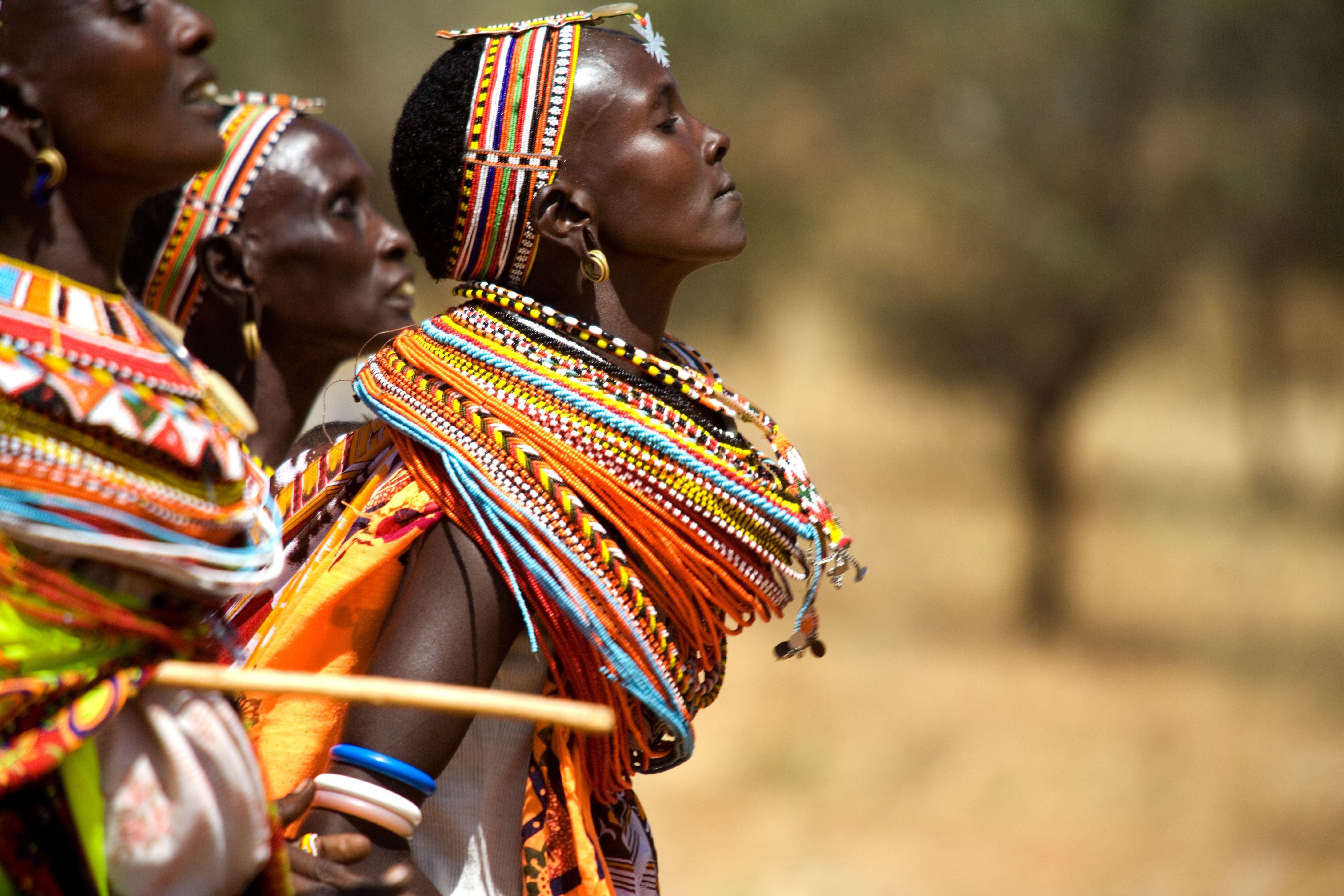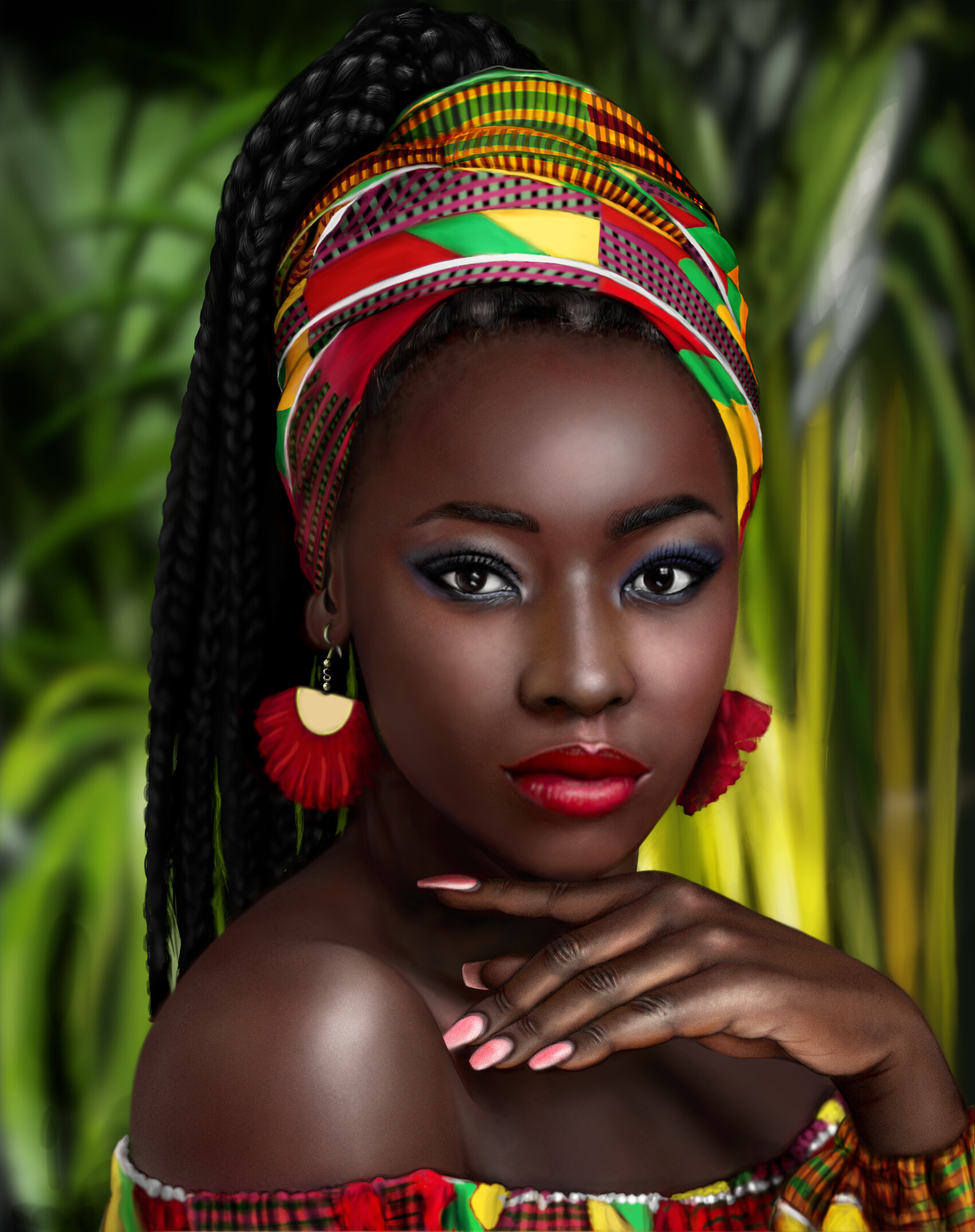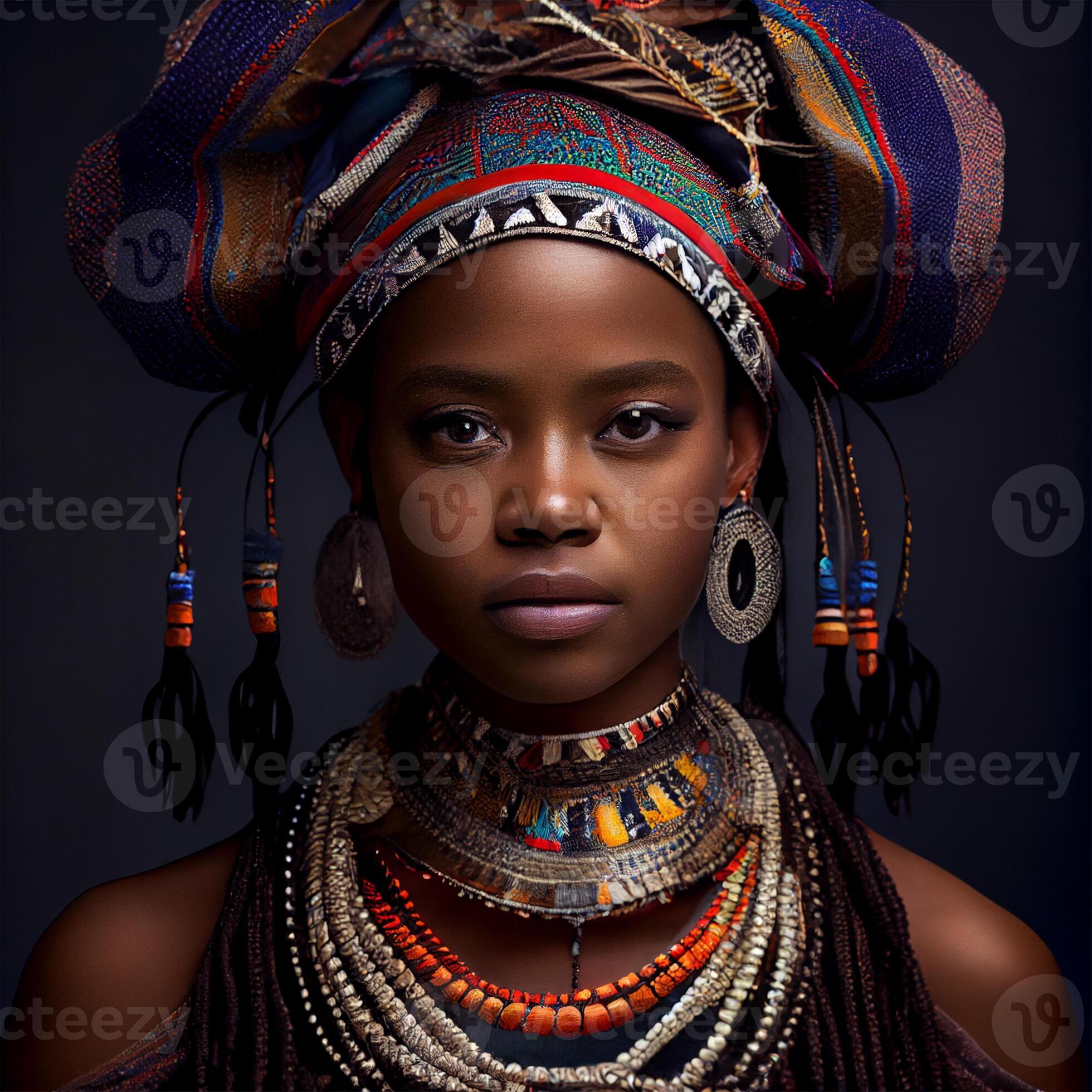When we think about the rich spiritual traditions of the world, it's almost impossible to overlook the incredible variety of African god name expressions that have shaped cultures for centuries. These names, you know, represent deep beliefs and ways of seeing the world that are just so important to many people. It’s a subject that, in a way, really connects us to history and human experience.
This really vast land, stretching from South Africa all the way up to the Mediterranean Sea, is home to 54 recognized countries. Each one, in some respects, has its own special identity, and many have their own distinct spiritual stories. The continent itself, as a matter of fact, is widely believed to be where human beings first appeared, which gives its history a truly unique place in our shared past.
We often hear about the big, well-known spiritual figures from other parts of the globe, but the spiritual beliefs across Africa, particularly the specific African god name traditions, are just as deep and meaningful. This article, then, will take a closer look at some of these revered names, showing you a little bit about the amazing spiritual heritage found in different parts of this continent, from West Africa to the south, and everywhere in between.
Table of Contents
- North Africa's Ancient Spiritual Figures
- West Africa's Powerful Pantheon
- Central Africa's Spiritual Guides
- East Africa's Revered Beings
- Southern Africa's Ancestral Connections
- Common Questions About African Deities
North Africa's Ancient Spiritual Figures
North Africa, a region that stretches along the Mediterranean Sea, has a truly long and complex history, you know, with many different cultures making their mark. When we think about an African god name from this area, our minds very often go to one of the most famous ancient civilizations: Egypt. This part of the continent has been a crossroads of ideas and beliefs for thousands of years, and its spiritual systems are quite rich.
Ancient Egyptian Deities
The spiritual figures of ancient Egypt are, arguably, some of the most recognized in the entire world. Their names, like Ra, Osiris, and Isis, are quite well-known. These figures were part of a belief system that really shaped daily life, from the smallest actions to the biggest ceremonies. People believed these deities guided everything, from the sun's path across the sky to the flow of the Nile River, which was, of course, essential for life there.
Ra, for instance, was the sun deity, typically seen as the most important one. He was the creator of all things, in a way, bringing light and life to the world. Egyptians believed he traveled across the sky in a boat each day, bringing the sun with him. His journey was vital for keeping the world in balance, and his name is a very old African god name that many still recognize.
Then there's Osiris, who was the deity of the afterlife, the underworld, and rebirth. He was also connected to the flooding of the Nile and the growth of crops. His story, which involves his death and resurrection, was central to beliefs about life after death. People believed he judged the souls of the dead, which is a pretty big job, if you think about it.
Isis, Osiris's sister and wife, was a very powerful goddess of magic, healing, and motherhood. She was, you know, often seen as a protective figure, especially for children. Her influence grew over time, and she became one of the most worshipped deities in ancient Egypt, with her cult spreading far beyond Egypt's borders. These figures, among many others, show just how detailed and important the spiritual life was in this part of Africa, so long ago.
West Africa's Powerful Pantheon
West Africa is a very large region, home to many countries like Nigeria, which is, actually, the most populous country in Africa. This area has a truly deep spiritual heritage, with complex belief systems that are still practiced today. When we talk about an African god name here, we often find ourselves looking at pantheons that are incredibly vibrant and have even traveled across oceans.
Yoruba Orishas
The Yoruba people, who live mainly in Nigeria and Benin, have a rich spiritual tradition centered around what they call Orishas. These Orishas are, in a way, spiritual beings or deities who act as messengers between humans and the supreme creator, Olodumare. Each Orisha has a distinct personality, a specific domain, and, you know, a set of responsibilities in the world. They are not just abstract concepts; they are seen as living forces that interact with people.
One very well-known Orisha is Ogun, the deity of iron, war, and labor. He is, typically, honored by those who work with metal, like blacksmiths, and also by hunters and warriors. Ogun represents strength, creation through destruction, and the idea of moving forward, even through tough times. His stories often talk about his determination and his role in building new things.
Then there is Yemayá, a powerful Orisha associated with the ocean, motherhood, and fertility. She is seen as a nurturing figure, a mother to all, and a source of life. People often ask for her guidance when seeking comfort or hoping for new beginnings. Her connection to the vastness of the sea makes her a very significant figure in the spiritual landscape of the Yoruba people, and her name is a very popular African god name in many places.
Shango is another prominent Orisha, known as the deity of thunder, lightning, and justice. He is, you know, a very fiery and passionate figure, representing power and strong leadership. His stories often involve his temper and his ability to bring about change, sometimes quite dramatically. These Orishas, and many others, show the incredible depth of Yoruba spirituality, which is still very much alive today, influencing art, music, and daily life.
Fon Vodun Spirits
In the country of Benin, which is also in West Africa, the Fon people practice Vodun, a spiritual system that has also spread to other parts of the world. Vodun, in a way, involves a diverse group of spirits, or Lwas, each with their own specific roles and characteristics. These spirits are, you know, honored and interacted with through ceremonies and rituals. This system is very much about connecting with the natural world and the forces that shape it.
Mawu-Lisa is a key deity in the Fon Vodun tradition, often seen as a dual creator deity. Mawu represents the moon, the night, and motherhood, while Lisa represents the sun, the day, and fatherhood. Together, they created the world and all its beings. This pairing shows a balance of energies, a very important idea in many spiritual systems. Their names are, perhaps, less globally known than some others, but they are a very important African god name set in their tradition.
Another important figure is Legba, who is, essentially, the messenger between the spirits and humans. He is also the guardian of crossroads and gates, and people often call upon him first in ceremonies to ensure good communication. Legba is a bit of a trickster, too, but his role is vital for making sure that spiritual interactions happen smoothly. These examples just touch the surface of the rich spiritual practices found in West Africa.
Central Africa's Spiritual Guides
Central Africa, a region that includes countries like the Democratic Republic of Congo, is a vast area with a truly diverse range of cultures and languages. The spiritual beliefs here are often deeply connected to the natural world and to the idea of a supreme creator who is, perhaps, distant but still very much present. When we look for an African god name in this region, we find many different names and stories, often linked to the Bantu-speaking peoples.
Bantu Creator Deities
Across many Bantu-speaking groups in Central Africa, there is a common belief in a supreme creator deity, even if the specific name changes from one group to another. This creator is often seen as the one who made everything, but who then, you know, stepped back from daily human affairs. People tend to connect more directly with ancestral spirits or lesser deities for everyday matters, but the creator is always there, overseeing all things.
For example, among some groups, Nzambi or Nzambi Mpungu is a common name for the supreme being. This deity is, typically, seen as the source of all life, the one who brought the world into existence. While not often directly worshipped with rituals in the same way as other spirits, Nzambi's presence is acknowledged in prayers and blessings. It’s a concept that really shows the deep respect for the origins of life and the universe.
In some traditions, there are also spirits associated with specific natural elements, like rivers, forests, or mountains. These spirits are, in a way, guardians of the land and its resources. People might offer respect to them before hunting or farming, showing a deep connection to their environment. This focus on a supreme creator, alongside spirits of nature and ancestors, is a very common thread in Central African spiritual beliefs, giving us a wide range of African god name concepts to consider.
East Africa's Revered Beings
East Africa, a region that includes countries like Kenya and Tanzania, is a place of incredible landscapes, from vast savannas to towering mountains. This area is also, you know, believed to be the "cradle of humankind," which gives its spiritual traditions a truly ancient feel. The spiritual figures here are often tied to the land, the sky, and the cycles of nature, reflecting the way people live and interact with their surroundings.
Maasai and Luo Beliefs
Among the Maasai people, a well-known group in Kenya and Tanzania, the supreme deity is called Enkai. Enkai is, essentially, a single, powerful creator deity who is seen as both benevolent and sometimes, you know, showing displeasure through drought or other natural events. Enkai is associated with the sky and rain, which are, of course, vital for the Maasai's pastoral way of life. People pray to Enkai for blessings, good health for their cattle, and rain for the land.
Enkai has two aspects, you know, often referred to as Enkai Narok (the Black God), who is kind and provides rain and green pastures, and Enkai Na-nyokie (the Red God), who is more associated with drought and famine. This duality shows a comprehensive understanding of the forces that shape their world, both good and challenging. It's a very significant African god name for the Maasai, representing their connection to the natural world.
The Luo people, another large group in East Africa, particularly in Kenya, also have a concept of a supreme creator, often called Were. Were is, typically, seen as the ultimate source of everything, the one who created the universe and all living things. While Were is a distant figure, people connect with him through prayers and offerings. Ancestral spirits also play a very important role in Luo spiritual life, acting as intermediaries between the living and the creator.
These traditions in East Africa, you know, really highlight the importance of a singular, powerful creator who oversees all things, while also recognizing the presence of other spirits and ancestors who play a more direct role in daily life. This blend of beliefs is a very common thread across many African spiritual systems, showing the depth of their spiritual understanding.
Southern Africa's Ancestral Connections
Southern Africa, a region that includes countries like South Africa, is known for its diverse landscapes and its rich history, which includes many different indigenous groups. The spiritual beliefs in this part of the continent are often deeply rooted in the idea of ancestral veneration, where the spirits of those who have passed on are seen as still very much connected to the living. When we look for an African god name here, we often find a strong emphasis on these connections.
Zulu and San Spiritual Figures
The Zulu people of Southern Africa have a spiritual system that places great importance on a supreme being called Unkulunkulu, which means "the Old, Old One" or "the Great One." Unkulunkulu is, essentially, the creator of all things, including humanity, animals, and the natural world. He is seen as the ultimate source of existence, but like some other supreme creators in Africa, he is often considered to be somewhat distant from daily human affairs.
While Unkulunkulu is the ultimate creator, the Zulu people often interact more directly with the Amadlozi, who are the ancestral spirits. These ancestors are, you know, believed to watch over their living descendants, offering guidance and protection. People communicate with the Amadlozi through rituals and offerings, seeking their blessings and wisdom. This strong connection to ancestors is a very central part of Zulu spiritual life, and it shows how important family and lineage are in their culture.
The San people, one of the oldest groups in Southern Africa, have spiritual beliefs that are deeply tied to their hunter-gatherer way of life and their connection to nature. Their spiritual figures often include a creator deity, sometimes referred to as Kaggen, who is also a trickster figure. Kaggen is, typically, seen as the creator of many things, but also as a being who can be mischievous and unpredictable. His stories often teach lessons about life and the natural world.
The San also believe in a spirit world that is very much connected to the physical world. They believe that shamans can enter this spirit world to heal, bring rain, or communicate with spirits. Their rock art, you know, often depicts scenes from their spiritual experiences, showing the deep visual and symbolic nature of their beliefs. These examples from Southern Africa highlight the incredible diversity of spiritual thought across the continent, where an African god name can mean many different things, from a distant creator to a trickster spirit, or even an ancestor who guides you.
Common Questions About African Deities
What is the most powerful African god?
This question, you know, doesn't really have one simple answer because Africa is such a vast place with so many different spiritual traditions. What one group considers the most powerful African god might be different for another. For instance, among the Yoruba, Olodumare is the supreme creator, the source of all existence, and thus, in a way, the most powerful. But then, in ancient Egypt, Ra, the sun deity, was often seen as the most important and powerful figure. It really depends on which specific culture or belief system you are looking at, as they all have their own highest beings. Learn more about African spirituality on our site, and you'll see just how varied these beliefs are.
Are African gods still worshipped today?
Yes, absolutely! Many traditional African spiritual systems are still very much alive and practiced today, you know, by millions of people across the continent and even in the African diaspora around the world. For example, the Yoruba Orisha tradition is widely followed in Nigeria, Benin, and places like Brazil and Cuba, where it has blended with other beliefs. Similarly, Vodun is still practiced in Benin and Haiti. While some people have adopted other religions, these ancient ways of connecting with the spiritual world are, you know, still a very important part of life for many, showing their lasting cultural significance. You can discover more about cultural heritage here, discover more about cultural heritage here.
How many African gods are there?
It's honestly impossible to give an exact number for how many African god name figures exist across the entire continent. The sheer number of cultures, languages, and distinct spiritual traditions means there are, literally, hundreds, if not thousands, of different deities, spirits, and revered ancestors. Each community might have its own unique set of figures, some very local, others more widely known within a region. Thinking about the 54 recognized African countries, each with its own distinct identity, it's clear that the spiritual landscape is incredibly rich and varied, with countless names and stories. For a deeper look at some of these traditions, you might want to check out resources like the Britannica article on African mythology, which can give you a bit more insight into this amazing diversity.



Detail Author:
- Name : Garrick Kunze
- Username : ruth.abbott
- Email : roger.cassin@yahoo.com
- Birthdate : 1999-02-10
- Address : 9451 Ansel Summit Armstrongburgh, UT 55421-8758
- Phone : 443-947-7503
- Company : Bins and Sons
- Job : Pantograph Engraver
- Bio : Aut qui aut delectus aperiam modi iusto nihil. Consectetur rerum eos facilis voluptas magni quas. Veritatis dolorem tenetur dolore aut aut.
Socials
facebook:
- url : https://facebook.com/milan9655
- username : milan9655
- bio : Sit enim fuga quibusdam vel reiciendis.
- followers : 5965
- following : 2521
twitter:
- url : https://twitter.com/milan.effertz
- username : milan.effertz
- bio : Velit aliquid nostrum atque consequuntur consequatur rerum ducimus. Temporibus ex nam ullam doloremque consequuntur. Asperiores ut numquam atque ut aspernatur.
- followers : 4080
- following : 89
linkedin:
- url : https://linkedin.com/in/milan6660
- username : milan6660
- bio : Suscipit et ut provident perspiciatis.
- followers : 101
- following : 749

